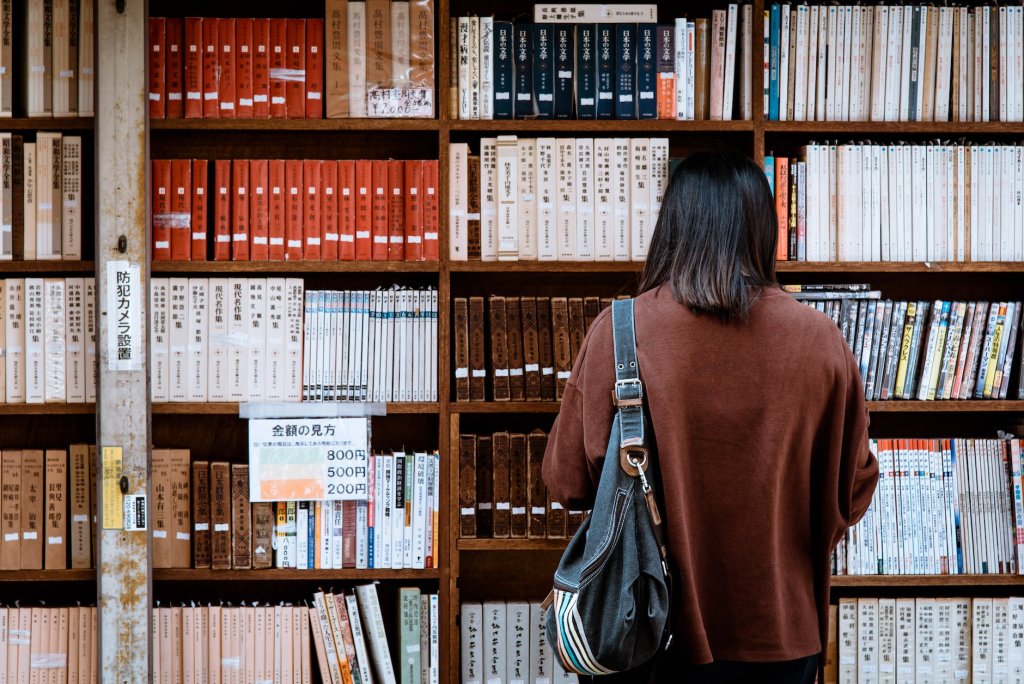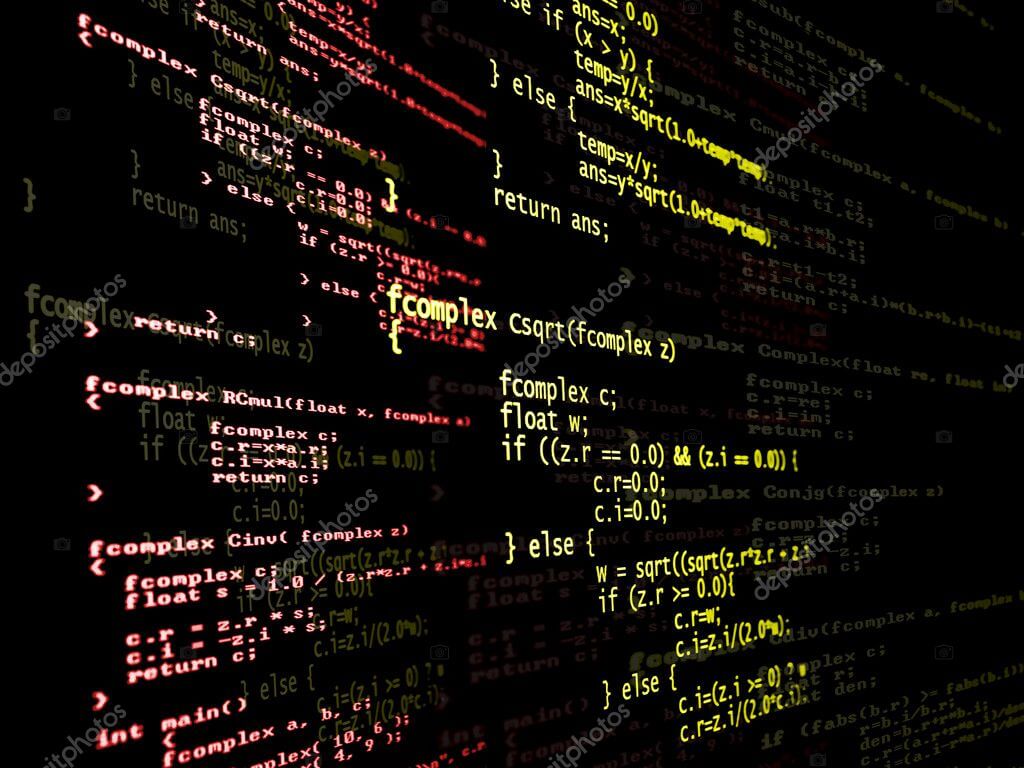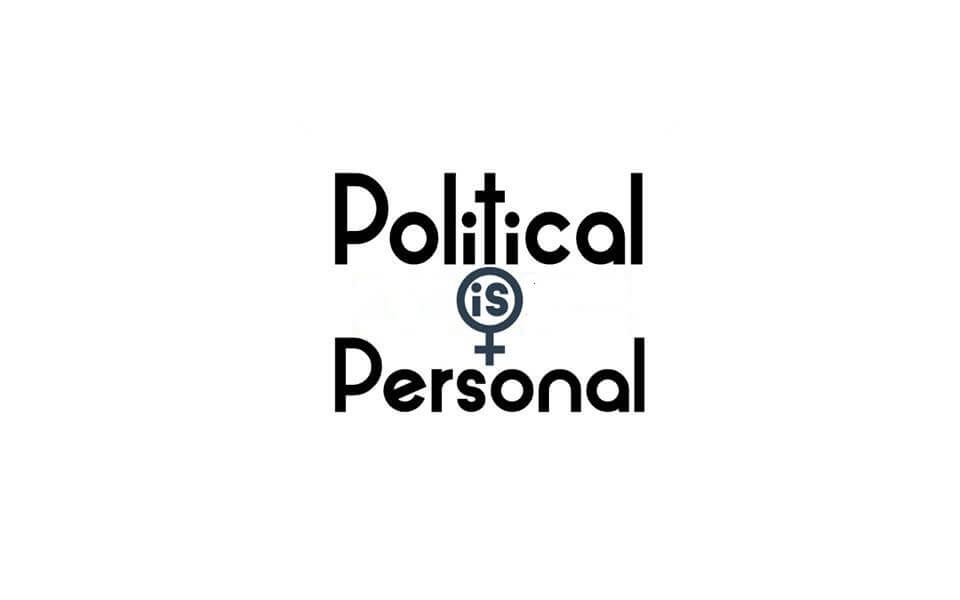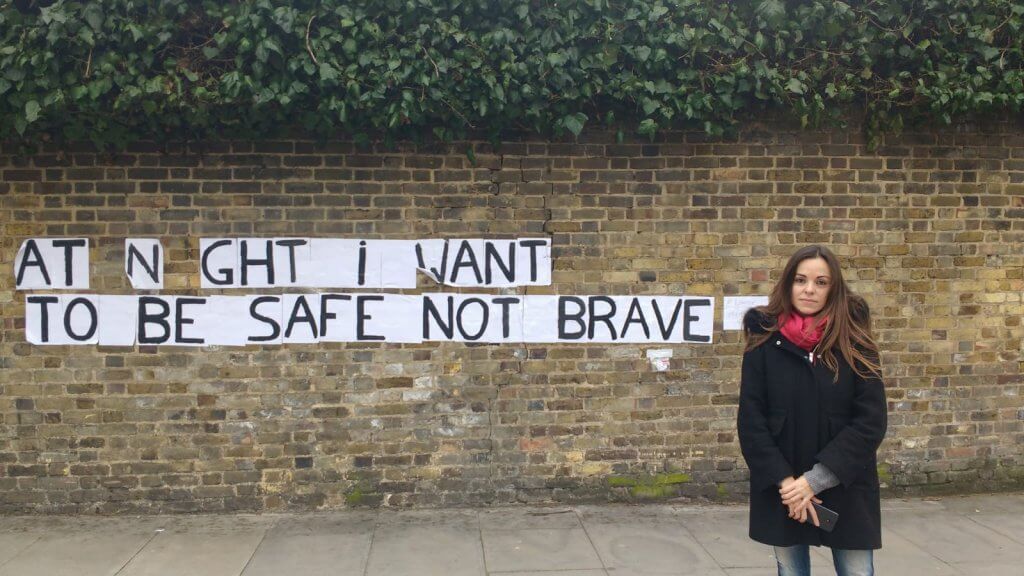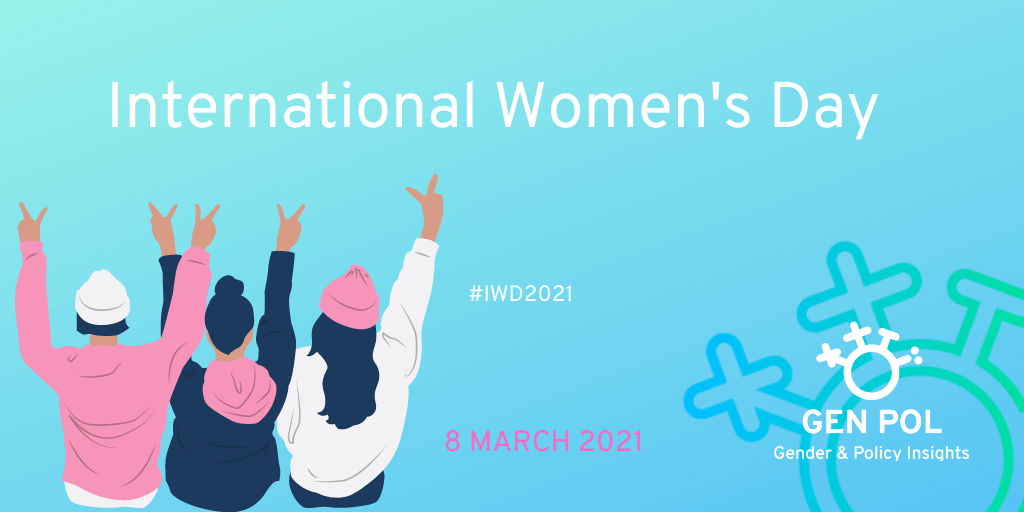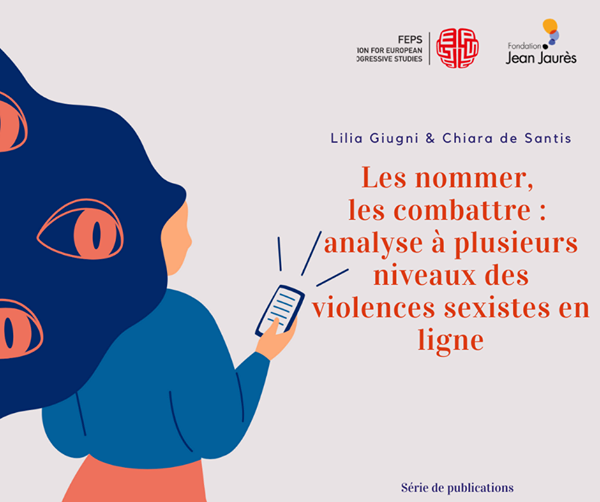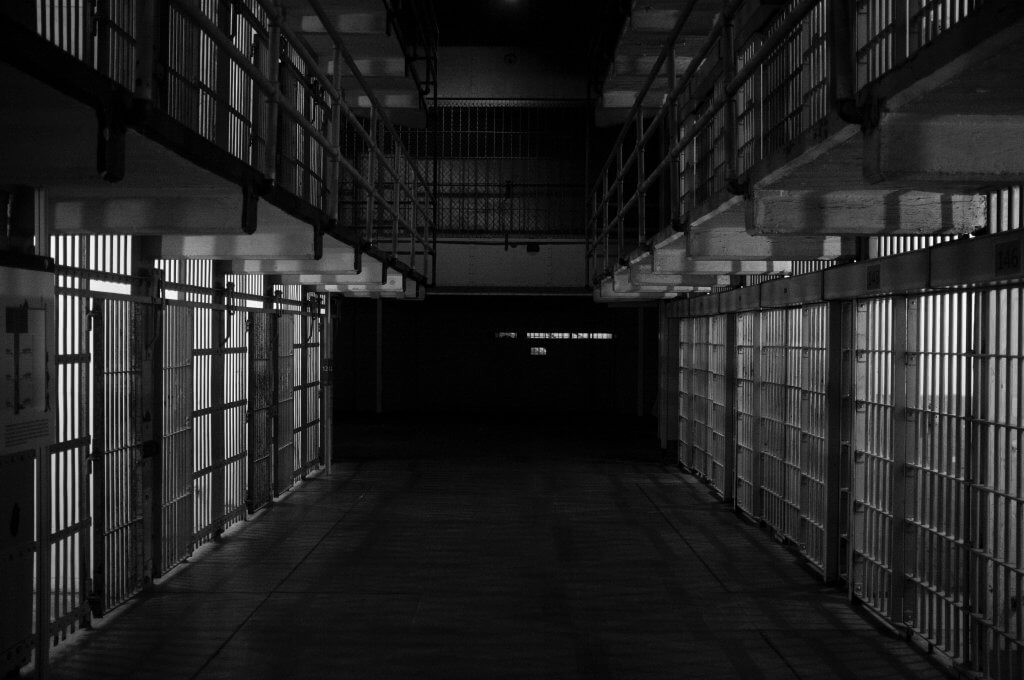Melissa Ann Horn died from the coronavirus
on 14 April 2020. She is one of the over 210,000 people making up the United
States’ COVID-19 death count. Like many, she suffered from pre-existing health
complications. Unlike many others who have tragically died from the virus,
though, Melissa did not die a free citizen: she was in prison.
Incarcerated women are a high risk and much
neglected population during the pandemic. Though activists have worked hard to
make known the nefarious gender dynamics of the pandemic and its
disproportionate impact on women, very few people have included incarcerated
women in this analysis. Women in prison are rendered invisible by society at
the best of times; during the pandemic, they have suffered the effects of the
coronavirus with no recourse to help and few voices on the outside to amplify
their struggles.
There are over 200,000 incarcerated women
in the United States.[1]
These women are disproportionately women of colour, disproportionately poor,
and have predominantly been convicted of non-violent offenses.[2]
Moreover, many of these women have struggled with substance abuse issues,
mental illness, and histories of sexual and physical violence.[3]
Recent surges in discourse on mass incarceration in the U.S. have tended to
focus on men—who are incarcerated at greater rates than women—thus neglecting
the specific issues that women in prison face. The discourse on the pandemic is
no different.
No matter who we are and no matter what we
have done, we all deserve to live in conditions that do not put us at risk of
death. International human rights law outlines every person’s right to live in
dignity,[4]
whether or not their freedom is curtailed, and each country is responsible for
upholding that obligation with respect to its citizens. It is clear that in the
U.S., however, women in prison are living in catastrophic conditions that
increase their risk of contracting COVID-19 and adding to the U.S.’s shameful
death toll.
During the pandemic, women in prison
continue to live in overcrowded, unsanitary conditions with little protection
against the virus’s spread and with little support for their deteriorating
mental health. In the largest women’s prison in the world, situated in
California, women are attempting to keep their surroundings virus-free by
cleaning surfaces with unused sanitary pads.[5]
The guards responsible for keeping these women safe do not wear masks.[6]
In Indiana, women have been kept in quarantine in their cells for most of the
day, even though the cells do not contain toilets, running water, or air
ventilation systems.[7]
One positive case in such conditions can spread rapidly among the prison
population. Where prisons are taking COVID precautions, these compound many
women’s mental health complications. For example, prisons across the U.S. have
shut down visitation systems and legal visits, further isolating women who are
cut off from society.[8]
The effects of the pandemic on women in
prison are all the more important for the racial dynamic involved. The United
States locks up women of colour, especially Black women, at rates which are
disproportionate to their white counterparts. In 2019, Black women made up 26%
of the female prison population when Black people of all genders made up 13.4%
of the U.S. population.[9]
Many scholars describe incarceration as a continuation of slavery.[10]
Police brutality against African Americans, the prison industrial complex, Jim
Crow, and the enslavement of Black people in the U.S. are all linked. When the
state neglects to create safe prison conditions during the pandemic it continues
to perpetuate the control of Black bodies by controlling women’s very access to
healthy conditions and healthcare.
Incarceration is killing women. So what can
be done? The pandemic sheds light on an issue that has long existed:
overcrowding in prisons and poor conditions of confinement. To start with, all
states in the U.S. must seek to decongest their prisons and jails. Far too many
women are incarcerated for minor offenses, such as shoplifting, that attracted
overly severe sentences. These women need not remain incarcerated. With fewer
women in prison, the state can seek to create human living conditions in the
inhuman structure of the prison by ensuring sanitary living conditions, safe
social distances, and access to protective equipment for prisoners.
Finally, and most importantly, the state
must invest in communities to prevent the conditions that lead to incarceration
in the first place. Women are locked up because they are poor, because they
were denied opportunity in their lives, and because of racist policing and
criminal justice practices. When the state invests in women’s communities to
address those factors, fewer women will come into contact with the carceral
state. The recent call to “defund the police” extends to defunding the carceral
system, too.
With the pandemic showing no signs of abating in the US, we can expect more women like Melissa Ann Horn to die. These women need our advocacy, too. We must fight for the living conditions and the lives of women on the inside as we seek to shape governments’ responses to Covid.
Nathalie Greenfield
[1] ACLU, Women In Prison (last visited 19 October 2020) available at https://www.aclu.org/issues/prisoners-rights/women-prison.
[2] Prison Policy Initiative, Women’s Mass Incarceration: The Whole Pie
(2019) available at https://www.prisonpolicy.org/reports/pie2019women.html.
[3] ACLU, Women In Prison (last visited 19 October 2020) available at https://www.aclu.org/issues/prisoners-rights/women-prison.
[4] U.N. International Covenant on Civil and Political Rights (1966)
available at https://www.ohchr.org/en/professionalinterest/pages/ccpr.aspx.
[5] PBS News Hour, Inside the Largest COVID Unit at the World’s Largest
Women’s Prison (2020) available at https://www.pbs.org/newshour/health/inside-the-covid-unit-at-the-worlds-largest-womens-prison.
[6] Ibid.
[7] PBS, Indiana Women’s Prison Locked Down Following New Covid Cases
(2020) available at https://www.wfyi.org/news/articles/indiana-womens-prison-locked-down-following-new-covid-19-cases.
[8] AP, Covid Outbreak Reported at South Dakota Women’s Prison (2020)
available at https://apnews.com/article/virus-outbreak-south-dakota-pierre-prisons-1a2e68cfd642f923c79ec5d9c680f464.
[9] Prison Policy Initiative, Women’s Mass Incarceration: The Whole Pie
(2019) available at https://www.prisonpolicy.org/reports/pie2019women.html; US
Census data, available at: https://www.census.gov/quickfacts/fact/table/US/PST045219.
[10] Lakshita Handa, Racism, Police Violence, and Mass Incarceration
(2020) available at https://blogs.lse.ac.uk/humanrights/2020/08/12/racism-police-violence-and-mass-incarceration-the-legacies-of-slavery-and-segregation-in-the-united-states/.
